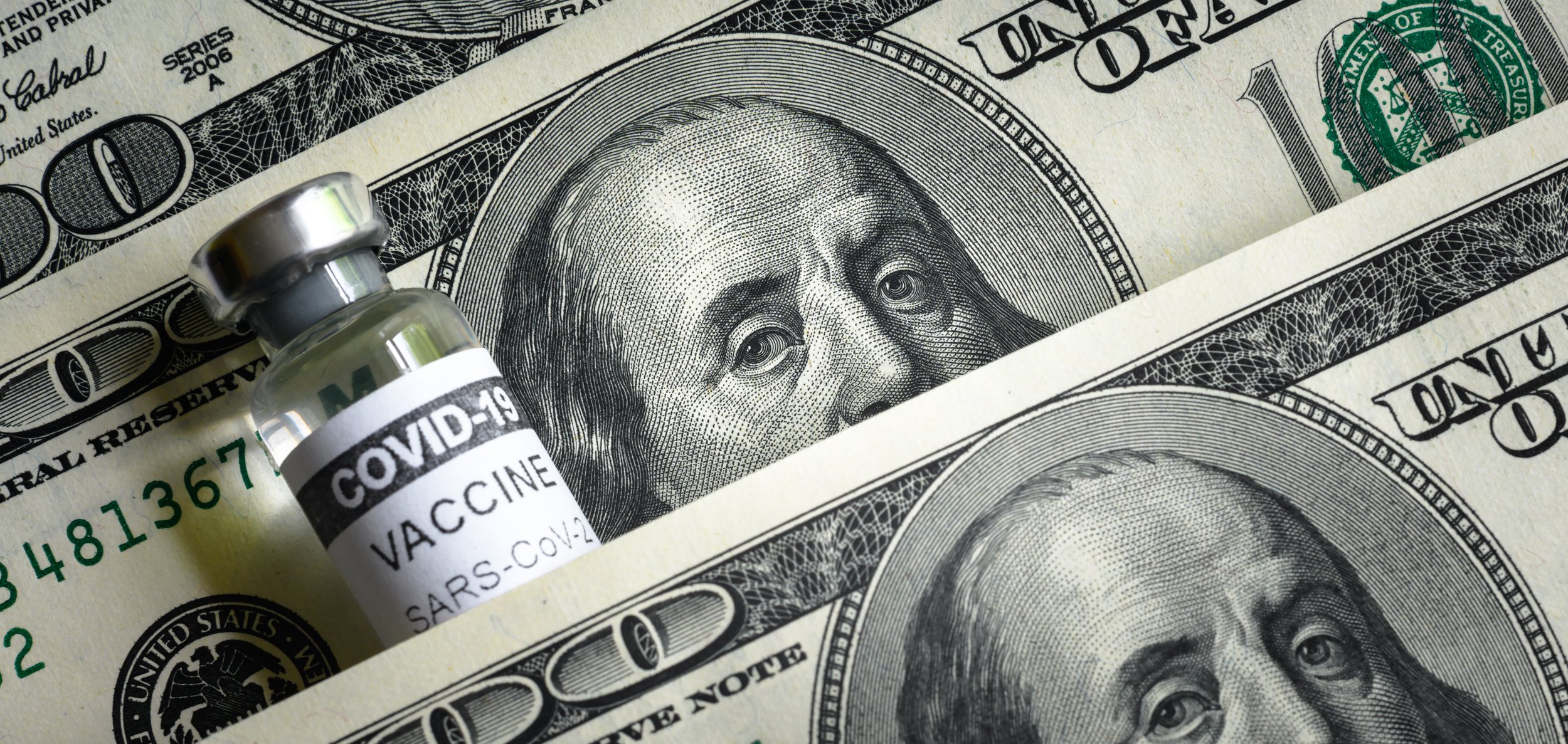DOJ Recovers $1.4 Billion Stolen in COVID-19 Fraud, Pleads for More Resources
The stories of fraud related to the COVID-19 pandemic are seemingly endless. Tales of employers embellishing to receive assistance, shell companies pretending to be legitimate businesses to get a piece of the pie, employees illegally applying for unemployment, identity theft, and on and on.
Now, over four years after the pandemic began, and nearly one year since it was officially declared over, the Department of Justice (DOJ) gave an update on the fight against COVID-19 fraud.
In its 2024 report, the COVID-19 Fraud Enforcement Task Force (CFETF) said efforts of task force agencies resulted in criminal charges against more than 3,500 defendants, more than 400 civil settlements, judgments of over $100 million, and over $1.4 billion in stolen funds recovered.
CFETF’s five prosecutorial strike forces, which focus on the most complex and harmful pandemic fraud, including those committed by overseas, organized, or violent actors, are responsible for indicting 250 defendants to date.
DOJ credits its data-driven strategy as well as cooperation between all levels of law enforcement for the success of CFETF.
That includes the National Unemployment Insurance Fraud Task Force, which leverages data from states and the Small Business Administration (SBA) to catch unemployment cheaters, and the Pandemic Analytics Center of Excellence, which creates sophisticated data products to zero in on fraud.
“CFETF member agencies have improved their data analytics capabilities and are using these new skills to investigate fraud more efficiently and effectively,” said COVID-19 Fraud Enforcement Task Force Director Michael C. Galdo.
Call for Action
Despite the progress, DOJ officials warn that more work needs to be done and that the funding needs to continue.
“While the CFETF has made significant progress to identify, investigate, and punish COVID-19 fraud, substantial work remains in the face of numerous challenges,” the report states.
DOJ notes the Pandemic Response Accountability Committee (PRAC), which oversees pandemic relief spending, is due to sunset in 2025, and that the statute of limitations will start to become a factor in investigations. Plus, there is the ever-present issue of funding.
“The time is now to ensure law enforcement has what it needs to finish the job. The statute of limitations must be extended and the necessary funding and data analytic tools secured for our prosecutors to recover hundreds of millions of dollars more in fraud proceeds, bring remaining offenders to justice, and disrupt criminal networks that continue to victimize our citizens,” said Deputy Attorney General Lisa Monaco.
On Capitol Hill, Democratic senators have proposed a slew of legislation that would extend the statute of limitations, triple the funding for fraud prosecution teams, and infuse SBA and Department of Labor (DOJ) inspector general offices with more money to investigate such cases.
So far, that legislation has not advanced.


